Hello steemians,
@ Habits that develop in childhood are hard to change later in life. So that any habits that develop from childhood.To keep fit the body, good habits that affect in health positively.Today I would like to say something about hand hygiene.
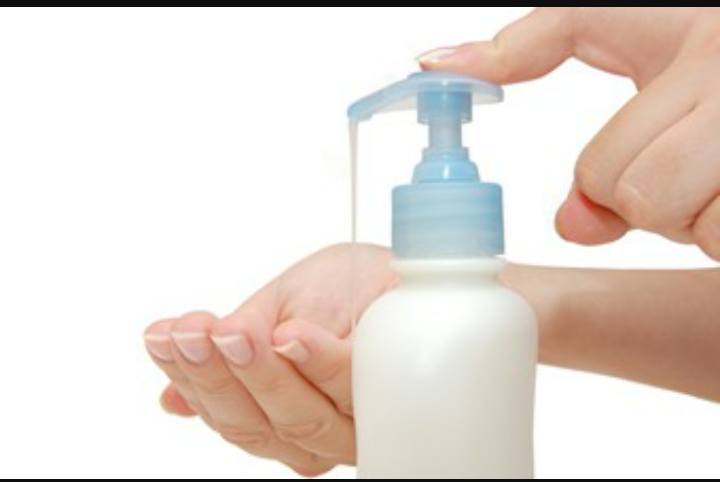
A person who is not taught the importance of good hygiene early on will always have a greater risk of illness. . That’s why it’s so important for each & everyone.
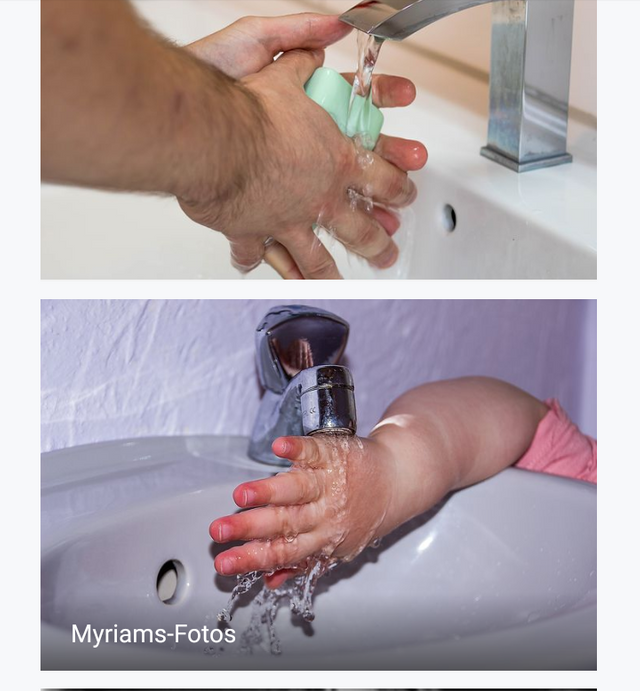
Let's go main point.............
When to wash your hand:
#Before preparing or eating food
#After using the bathroom
#When they’re sick (or after coughing, sneezing or blowing their noses anytime)
#After touching a pet or handling pet supplies
#Before and after cleaning a cut or wound
#Take opportunities to explain, in an age-appropriate way, the dangers of the bacteria that exist in every household, which can spread easily. These bacteria include E. coli, salmonella, and staphylococcus When to Wash Hands
#After blowing your (or someone else’s) nose, coughing or sneezing (Remember when you cough or sneeze not do it into your hand but to rather use a tissue or raise your arm up to your face and aim for your sleeve. And throw away tissues as soon as you use them.
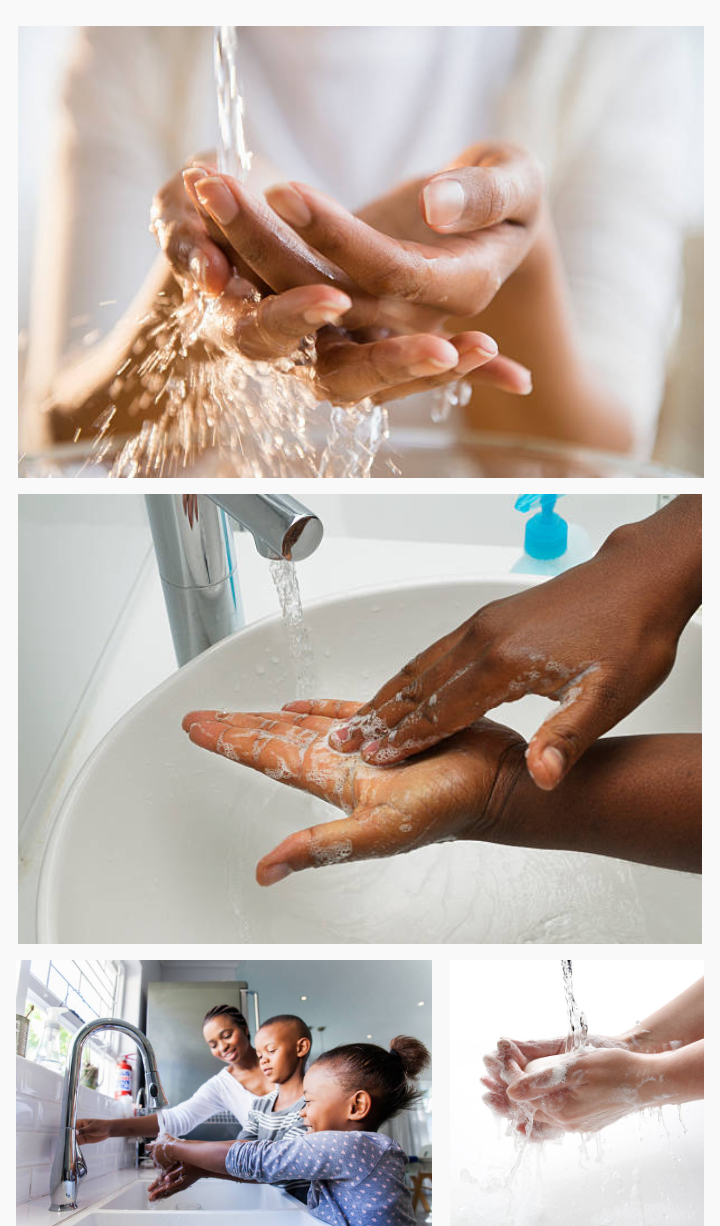
By establishing regular hand washing as part of everyday life, you set your child up for success. Hand washing will remain a part of their routines and, in turn, protect them against the germs and bacteria that exist and thrive in schools, offices, and other public places.
When you at work
If you are an employer, it’s your responsibility to reinforce the necessity of hand washing.
After all, you do know how important that practice is. Therefore, it’s up to you to post signs in common areas and remind employees of its importance during team meetings.
Most jobs involve regular contact with others. Opportunities for germ transmission are limitless, since just about every surface in a typical workplace is touched by dozens of people every day.
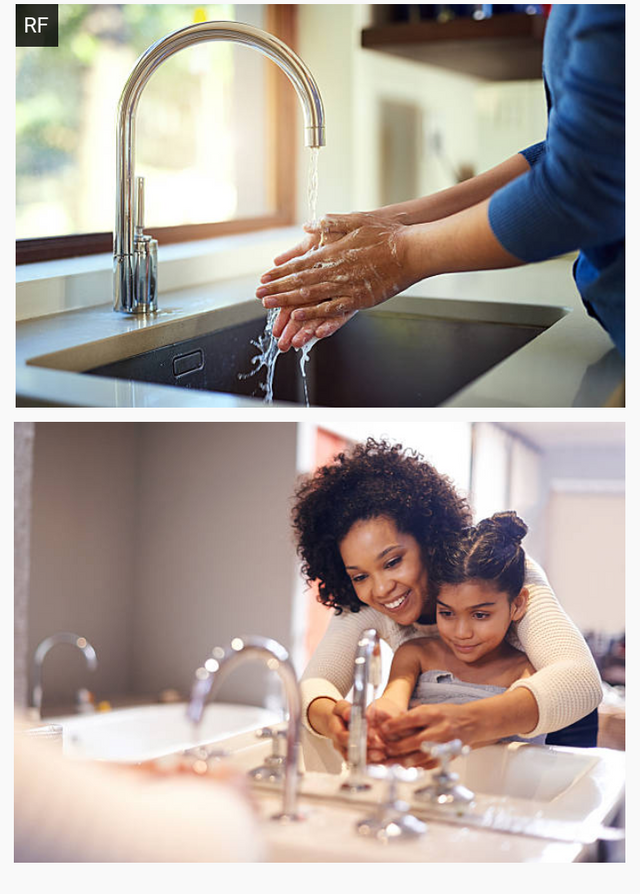
The Benefits of Hand Washing
Eliminating germs & reducing illness – Keeping hands clean is one of the most important steps we can take to avoid getting sick and spreading germs to others.
Many diseases are spread by not washing hands with soap and clean, running water — from the common cold to more serious infections, such as meningitis, bronchiolitis, the flu, hepatitis A, and most types of infectious diarrhoea.
In fact, washing hands with soap can reduce the risk of diarrhoea by up to 45%!
Less time off work & school
– Thousands of school and work days are missed every year due to avoidable illness, such as flu or pneumonia, that could be prevented through hand washing. Not only does this put financial strain on families but also impacts the educational development of kids.
Reduced Medical Bills –
When kids come into contact with germs, they can unknowingly become sick simply by touching their eyes, nose, or mouth. Once they’re infected it’s just a matter of time before the whole family comes down with the same illness, leading to many trips to the doctor and scary medical life-threatening diseases such as diarrhoea.
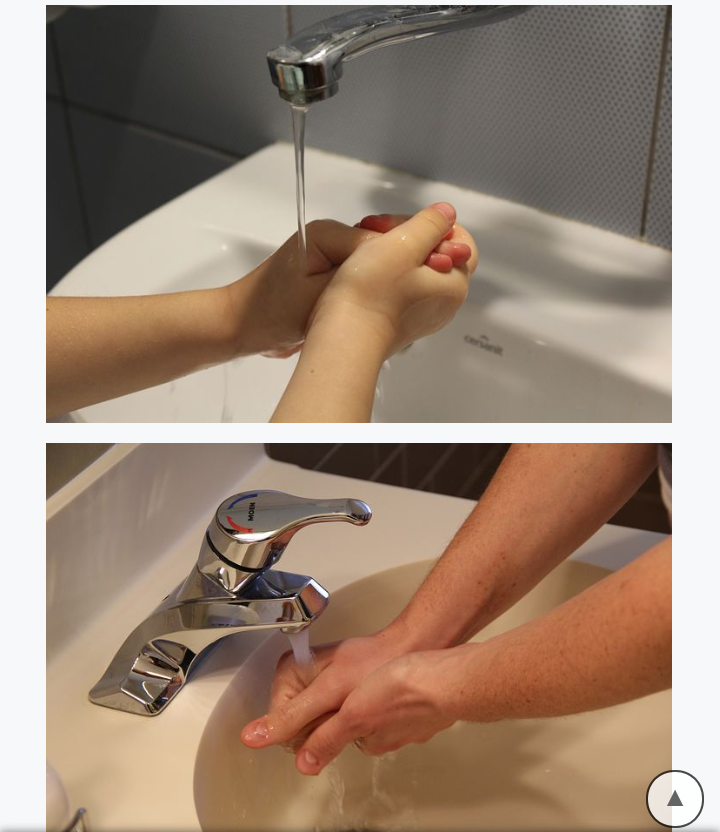
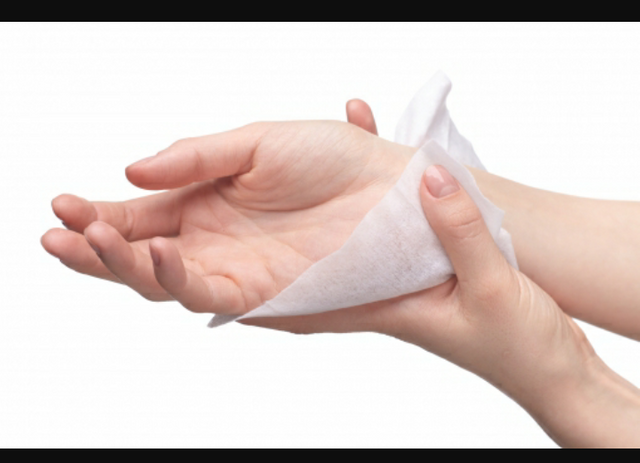
Proper Method of Hand Washing
#Remove any hand or arm jewellery
#Use soap and running water Wash your hands frequently throughout the day
#Washing should last for at least 20 seconds, preferably a minute.
Lather for 15 seconds
#Wash the front and back of your hands, as well as between your fingers and under your nails
#Rinse your hands well under warm running water
#Wipe and dry your hands gently with a paper towel or clean towel.
#Turn off the tap using the paper towel so that you do not re-contaminate your hands.
#When using a public bathroom, use the same paper towel to open the door when you leave.
#If dryness is a problem, use a moisturizing hand lotion.
#Antibacterial soap is not necessary for safe, effective hand hygiene.
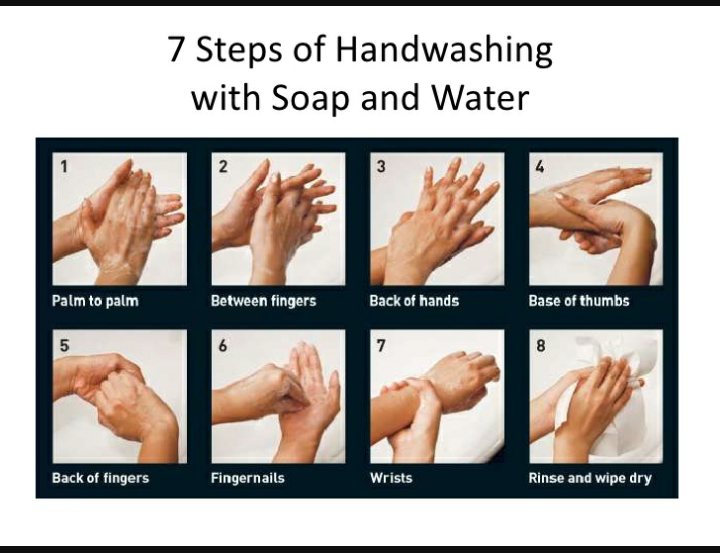
Finally, I would like to suggest that everybody should be practice proper hand wash to get healthy life.